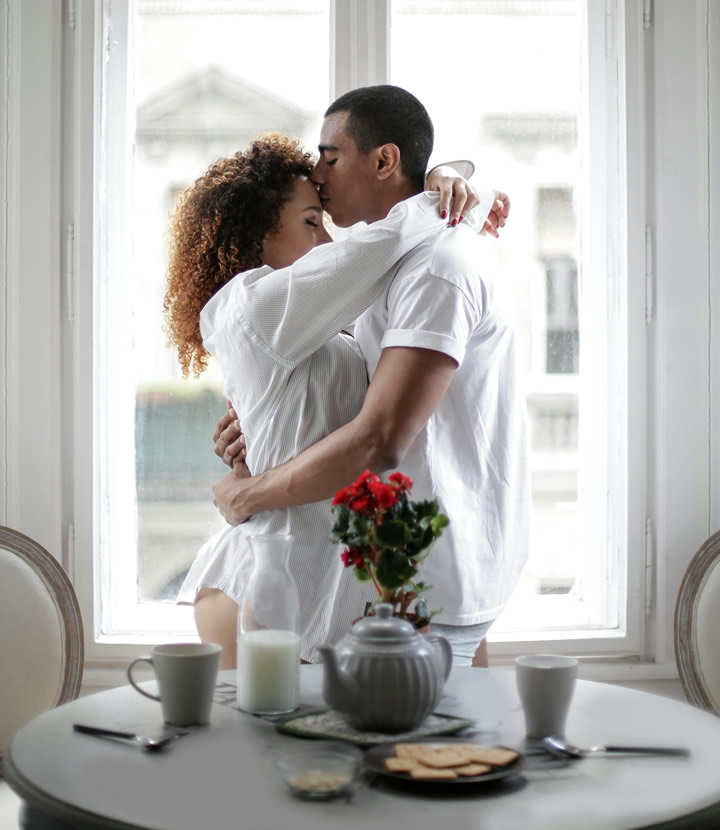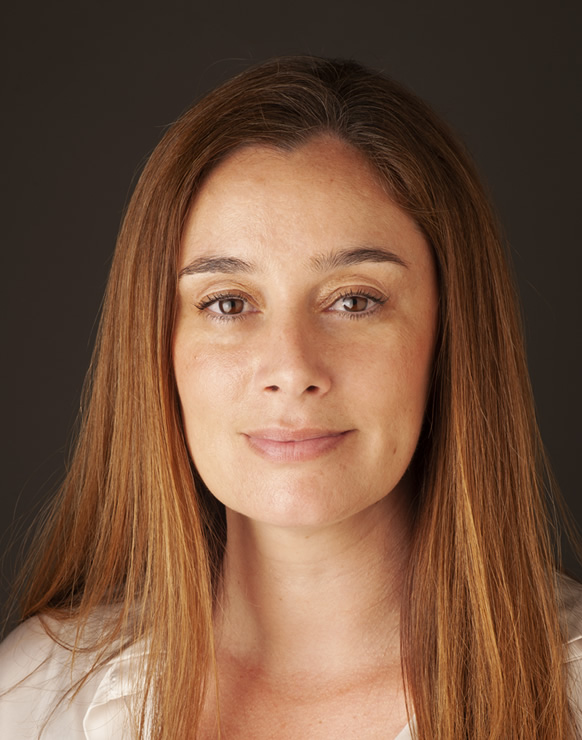Why is it sometimes so hard to love and be loved?
Blog written by the psychologists at Psinove. We explore topics related to psychology and psychotherapy, daily challenges, and reflections.

Being in a relationship is as essential and natural to existence as it is complex, painful, and confusing... Why is it that loving and being loved is sometimes so difficult in marital and family practice?
We need relationships to live, but divorces are increasing, separations are constant, and on a more global level, people are increasingly alone or at war.
We are inherently programmed to be in relation, as a basic form of physical and emotional survival. Biologically, we need to be cared for and fed, we are born totally and absolutely dependent on a relationship of physical and functional care, but not only! We only survive and live if we feel loved, secure, connected, cherished, if our emotional and affective needs, which we all have from babies, are met, at least sufficiently well. It may shock the reader, but this is the truth: a minimally fed baby, but without physical contact, security, and love, dies. And if it doesn't die physically, because the survival instinct is very strong, it probably lives like a zombie for the rest of its life, and that may not be death, but it's not life either.
Our entire physical, neurological, immunological, endocrinological, psychological, and emotional system is intimately connected. Being loved, feeling belonging and security, being in healthy relationships that favor a healthy relationship with ourselves, where there is acceptance and empathy, predicts more physical health and more and better life. The opposite will also be true, fewer and worse relationships with disconnection, isolation, disrespect, aggression, and trauma decrease our quality and average life expectancy and increase the likelihood of physical, psychosomatic diseases, especially autoimmune ones.
We need each other so much and we have never been so disconnected - from each other and from ourselves - and the couples who come into my office feel and conclude precisely this.
Today's adults deeply desire and need to be valued, accepted, seen entirely for the unique being they are, and not for supposed or idealized expectations. They long to see this in the eyes of their partner as water in a desert and use the most defensive, protective, and attacking strategies to achieve it, in a mixture of fear of the vulnerability of expressing these needs, with the fear of losing and being abandoned or rejected if they do. The real result is often exactly what is feared, being disconnected and alone, between open conflict or empty and painful silence.
These couples are trapped in their emotions, accumulating and suppressing them, disconnecting from them, from themselves and others, and only connecting when they can no longer bear it and explode and hurt the other and themselves.
Couples are thus constituted with a fear of showing their vulnerability and emotions, often because they learned from babies that expressing emotions led to rejection or aggression from the caregiver, who took care of them physically so well, but did not accept them emotionally and unconditionally, as mentioned above. To continue surviving in this dynamic, they had no choice but to nullify them, as an intelligent and adaptive defense (until it ceases to be). This learning, of not meeting emotional needs from a very young age, does not mean that caregivers have that intention, quite the opposite. Most caregivers are not abusers, they are even very well-intentioned and feel true and deep love. However, they also did not learn to connect with themselves and with others, and transgenerational passages of these unconscious learnings occur with the best of intentions.
The same happens and is replicated in couple relationships. Replication is not done exactly the same way: often, children do the opposite in their parental and marital relationships from what their parents did with them, but underneath that opposite in form, there is the same base of insecurity, fear, and disconnection, which leads to very similar results.
These cycles are very harsh and painful, rigid and mostly unconscious, but the big difference between being a dependent child and a mature adult lies precisely in the courageous and conscious possibility of breaking them and realizing that the learnings we had marked, influenced, and even hurt us, but they do not define us forever: as more independent adults we can change, transform, improve, free, and love better.
The first step is awareness and this alone requires tremendous courage, as it is the opening door to feel and look at ourselves, to what we have gone through, what has hurt and still hurts, what was good and bad, what we accept and what limits we need to impose. Of all awareness, perhaps the most important is emotional awareness. Feeling our emotions, our body, letting them flow within us, experiencing them, and giving them meaning can be more painful than any physical pain, and perhaps that is why we make so many efforts as a global society not to feel them. I have had several patients in my office with the most varied and serious physical illnesses and pains, but all of them, without exception, refer that emotional pain is always the worst they have ever felt. And I believe it is the worst because it is the deepest, the oldest, the most primary, the one that hurts to the soul.
When a couple can share this awareness and emotional contact, in a vulnerable, respectful, and empathetic way, an extraordinarily special level of connection is created, in my opinion: magical.
In this space of safety and intimacy that is possible to be created, there is repair. It is in the conjunction between pain and courage, vulnerability and acceptance, between feeling, seeing, and hearing with truth that love can repair, that connection occurs, and that needs are filled naturally, not in dependence, but in a healthy and human interdependence, in a genuine encounter of two human beings who love each other, whether they are couples or families.
Being in a relationship can thus become a growth for two, a rebirth for two. Where what the other gives us is not the compensation for voids, lacks, and wounds, but a genuine sharing of this experience, with the possibility of lasting for a lifetime and far beyond... to other lives.
In every relationship there is potential for pain and love, both are part, one leads to the other, but let us hope it is always love, the one that is good enough to transform pain, that prevails.
So if you can, stop, listen, look, and truly feel, within yourself and within the other, and let the magic happen.
Article published on Sapo 24




